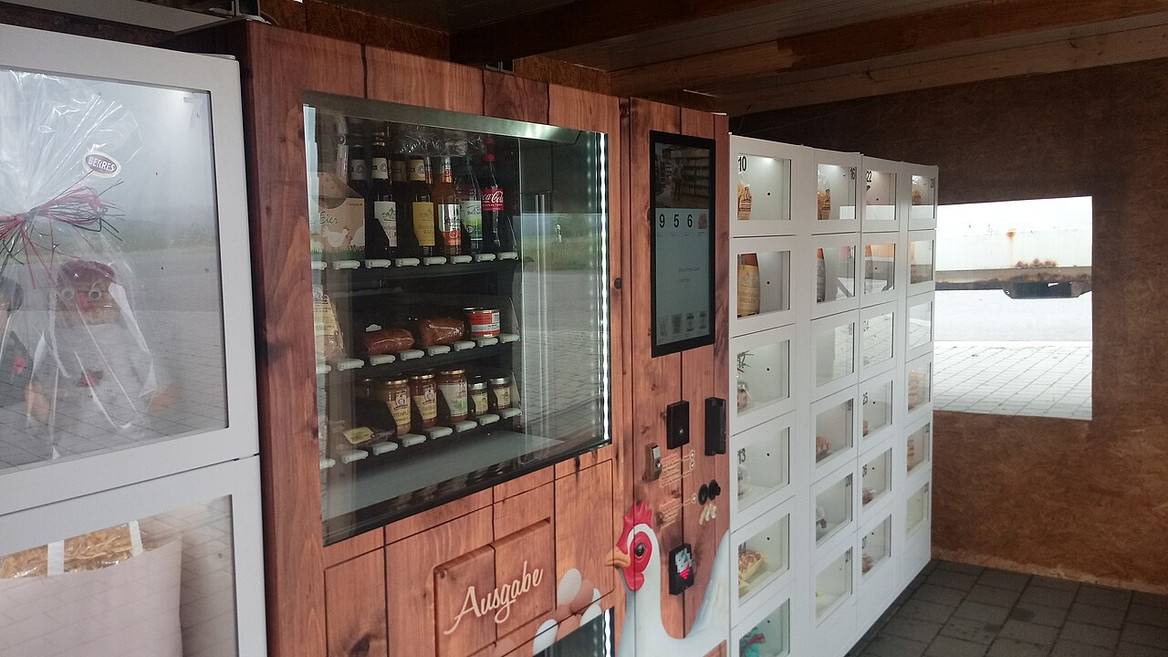Main Content
The Value of Social Innovation Processes
Special Issue on Social Innovation in Rural Development

Great hopes are pinned on social innovations in rural development. However, many expected impacts are insufficiently underpinned by methodology and conceptualisation. A special issue published by researchers from the IRS has now been published in the journal "Societies", which addresses current research gaps.
Social innovations have been an important topic in rural development for quite some time, both in academic debate and in (funding) policy practice. They are linked to the hope of countering the structural problems of disadvantaged urban neighbourhoods and rural areas (such as poor infrastructure) with creative solutions driven by local initiatives. Social innovations are an expression of local self-empowerment or the empowerment of groups and communities whose needs are addressed by social innovations. The aim is to set transformative processes in motion and achieve sustainable impact, i.e. generate an impact.
The terms "empowerment", "(disruptive) transformation" and "impact" are omnipresent in social innovation research, but are conceptually and methodologically underdeveloped. IRS researchers Gabriela Christmann and Ralph Richter, together with former IRS employee Ariane Sept, address this research gap with a special issue in the journal "Societies". Under the title "Social Innovation in Urban and Rural Areas: Empowerment, (Disruptive) Transformative Processes and Impact on Community Development", the issue brings together eight articles that address social innovations in relation to these concepts and on the basis of empirical examples in different regions of the world.
A team of authors in the Research Area "Economy and Civil Society" contributed an article on evaluation practices in rural social innovation processes. In the view of Jonathan Hussels, Ralph Richter and Suntje Schmidt, some thought patterns have crept into the debate on the impact of social innovations that are worth questioning. One important point of criticism is the widespread practice of understanding the impact of social innovations as an objective fact that can be measured and quantified. The authors develop a perspective that takes into account the value of an innovation process that is still unfolding and incomplete, on the one hand, and the significance of social constructions, on the other. It is therefore about how people experience, negotiate and ascribe value "in" and "around" the innovation process. In their article entitled "The Impact of Dissonance? A Valuation Perspective on Rural Social Innovation Processes", the authors introduce the concept of "dissonance" in order to grasp subjective valuation practices in the innovation process.
In another article with IRS participation, Christmann, Sept and Richter explain the experiences of empowerment of those involved in social innovation processes in their article "Socially Innovative Initiatives in Deprived Rural Areas of Germany, Ireland and Portugal: Exploring Empowerment and Impact on Community Development". In their article "Valuation in Rural Social Innovation Processes - Analysing Micro-Impact of a Collaborative Community in Southern Italy", Federica Ammaturo and Suntje Schmidt present a case study of collaborative food production in southern Italy to show how valuation processes are integrated into innovation action.
In their article "Transforming the Creative and Social Entrepreneurial Ecosystem: The Broker Roles of Rural Collaborative Workspaces", IRS researcher Chen Gao, together with Eleonora Psenner (Karlsruhe Institute of Technology), highlights how collaborative workspaces have become increasingly present in rural areas in recent years. They show that such places help to establish network relationships and are therefore important for the emergence of entrepreneurial ecosystems in rural areas.


